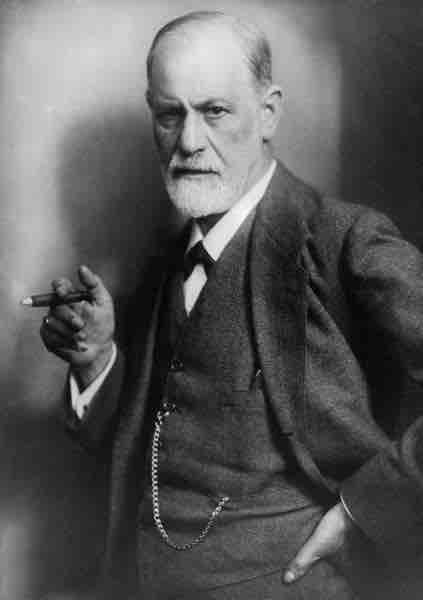An individual's personality is the combination of traits and patterns that influence their behavior, thought, motivation, and emotion. It drives individuals to consistently think, feel, and behave in specific ways; in essence, it is what makes each individual unique. Over time, these patterns strongly influence personal expectations, perceptions, values, and attitudes.
Personality psychology is the study of human personality and how it varies among individuals and populations. Personality has been studied for over 2000 years, beginning with Hippocrates in 370 BCE and spanning through modern theories such as the psychodynamic perspective and trait theory.
Early Philosophical Roots
The word "personality" originates from the Latin word persona, which means "mask." Personality as a field of study began with Hippocrates, a physician in ancient Greece, who theorized that personality traits and human behaviors are based on four separate temperaments associated with four fluids of the body known as “humors”. This theory, known as humorism, proposed that an individual's personality was the result of the balance of these humors (yellow bile, black bile, phlegm, and blood), which corresponded to four dispositions (grumpy, melancholy, calm, and cheer, respectively). While this theory is no longer held to be true, it paved the way for further discoveries and insight into human personality.
Interestingly, several words in the English language that describe personality traits are rooted in humorism: "bilious" means bad-tempered, which is rooted in humorists' thought that yellow bile was associated with grumpiness; "melancholic" is from the Greek words for "black bile," again rooted in humorists' thought that black bile was associated with depression. Similarly, "phlegmatic" describes a calm personality and "sanguine" (from the Latin for "blood") a cheerful or playful one.
A great deal of modern personality psychology is influenced by, and attempts to answer, the following five philosophical questions about what really determines personality:
- Freedom versus determinism: How much, if any, of an individual's personality is under their conscious control?
- Heredity versus environment: Do internal (biological) or external (environmental) influences play a larger role in determining personality?
- Uniqueness versus universality: Are individuals generally more alike (similar to each other) or different (unique) in nature?
- Active versus reactive: Is human behavior passively shaped by environmental factors, or are humans more active in this role?
- Optimistic versus pessimistic: Are humans integral in the changing of their own personalities (for instance, can they learn and change through human interaction and intervention)?
Approaches to Studying Personality
Research into these five philosophical questions has branched into several different approaches to studying personality. The major theories include the psychodynamic, neo-Freudian, learning (or behaviorist), humanistic, biological, trait (or dispositional), and cultural perspectives.
- Psychodynamic theory, originating with Sigmund Freud, posits that human behavior is the result of the interaction among various components of the mind (the id, ego, and superego) and that personality develops according to a series of psychosexual developmental stages.

Sigmund Freud
Sigmund Freud advanced a psychodynamic view of human personality that implicated the id, ego, and superego as the main determinants of individual differences in personality.
- Neo-Freudian theorists, such as Adler, Erikson, Jung, and Horney, expanded on Freud's theories but focused more on the social environment and on the effects of culture on personality.
- Learning theories, such as behaviorism, regard an individuals' actions as ultimately being responses to external stimuli. Social learning theory believes that personality and behavior are determined by an individual's cognition about the world around them.
- Humanistic theory argues that an individual's subjective free will is the most important determinant of behavior. Humanistic psychologists such as Abraham Maslow and Carl Rogers believed that people strive to become self-actualized—the "best version" of themselves.
- Biological approaches focus on the role of genetics and the brain in shaping personality. Related to this, evolutionary theories explore how variation in individual personalities variance may be rooted in natural selection.
- Trait theorists believe personality can be conceptualized as a set of common traits, or characteristic ways of behaving, that every individual exhibits to some degree. In this view, such personality traits are different from person to person but within an individual are stable over time and place.
With any of these theories, it is important to keep in mind that the culture in which we live is one of the most important environmental factors that shapes our personalities. Western ideas about personality are not necessarily applicable to other cultures, and there is evidence that the strength of personality traits varies across cultures.